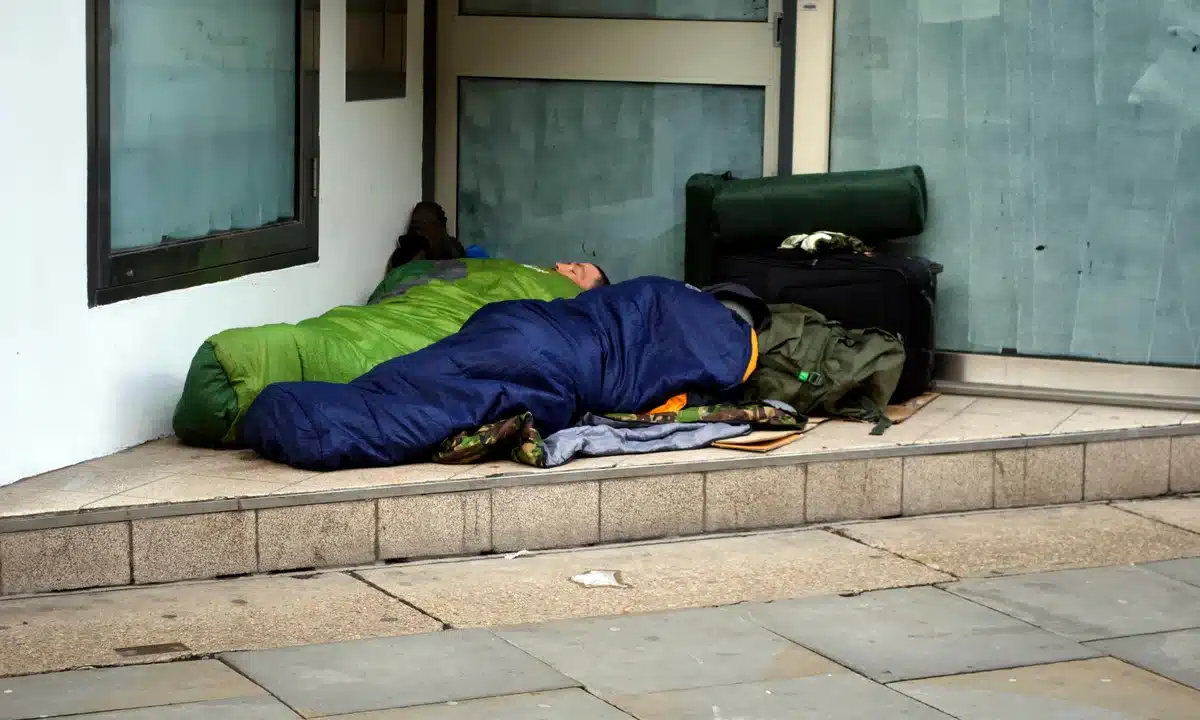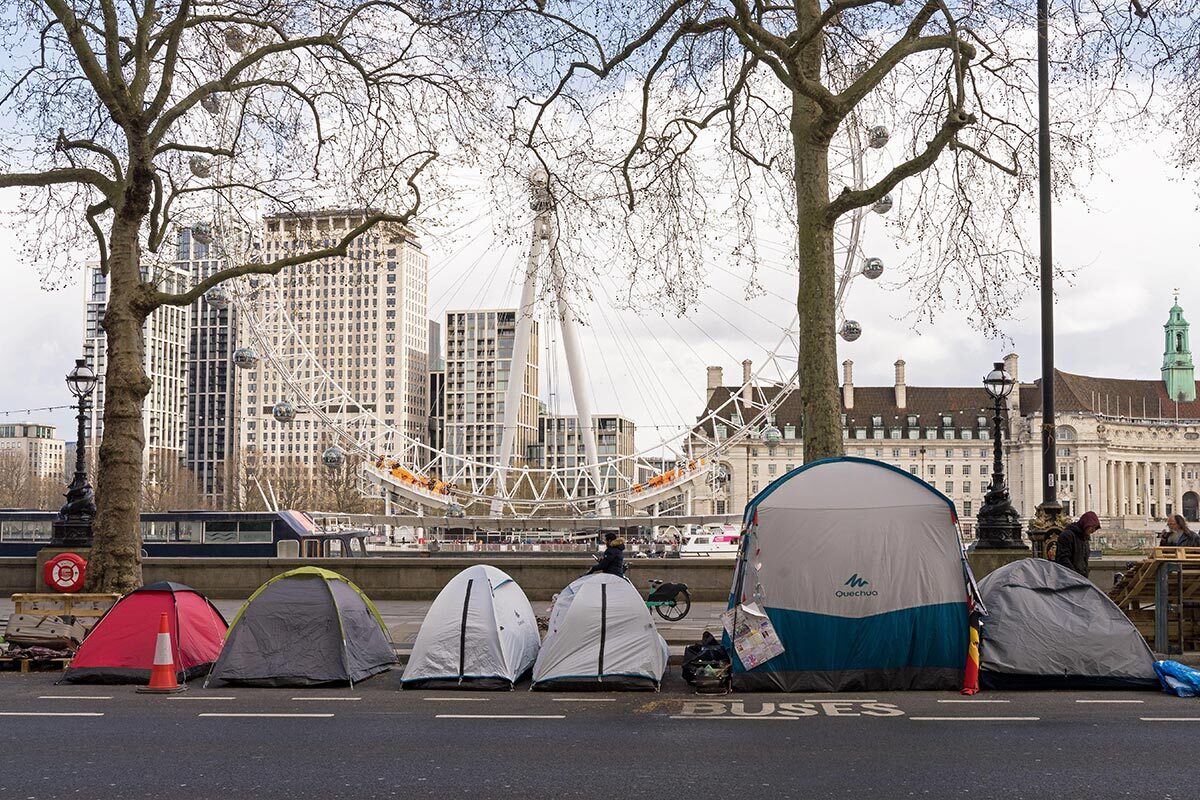Emergency shelters across England are reaching capacity, forcing young people onto the streets as homelessness rates surge. Charities warn that the crisis is deepening, with resources stretched thin and accommodation options disappearing.
The number of rough sleepers in England has risen sharply, leaving vulnerable young people without support. According to New Horizon Youth Centre, a charity in London, demand for emergency shelter has reached an unprecedented level.
With the cost of living crisis exacerbating the issue, charities across the country are reporting similar struggles.
Emergency Shelters at Breaking Point
Homeless shelters in England are being overwhelmed, with many no longer able to offer places to those in need.
According to New Horizon Youth Centre, the number of young people sleeping rough has increased significantly, with staff now forced to turn away those seeking help. In the past winter alone, the charity distributed nearly 200 survival kits to young people left with no alternative but the streets.

Data from Chain, a homelessness information network, shows that the number of rough sleepers in London rose from 3,107 in March 2023 to 4,612 by December. Over a third of them were under the age of 35, a group disproportionately affected by rising housing costs and limited social support.
In cities like Sheffield and Manchester, charities are experiencing similar pressures. Roundabout, a youth homelessness organisation in Sheffield, reported running out of shelter space for the first time last year, while Depaul UK saw the proportion of young people sleeping rough increase from one-third to 60% within months.
The situation has been described as a national emergency by housing charities, who are struggling to meet the rising demand for accommodation.
Financial Strain and Lack of Housing Worsen Crisis
The financial burden on shelters is growing as emergency accommodation costs continue to rise. According to New Horizon Youth Centre, the cost of placing individuals in hotels has increased dramatically.
In 2018, the organisation spent approximately £30,000 on emergency accommodation. Last year, that figure exceeded £100,000, and in the past three months alone, over £50,000 has been spent.
The crisis is being compounded by a shortage of supported accommodation for young people with additional needs, including care leavers and survivors of domestic abuse. According to New Horizon, the number of short-term accommodation providers in London has fallen from 29 to just 15 in a year.
While the government has introduced the Supported Housing (Regulatory Oversight) Act to tackle issues within the sector, local authorities have been reluctant to approve new providers, leaving many without options.
In December, the UK government allocated nearly £1bn to tackle homelessness, including £37m for a rough sleeping accommodation programme. However, charities argue that current support is insufficient to address the growing crisis.
According to Florence Eshalomi MP, who leads the Housing, Communities and Local Government Committee, England is facing a rough “sleeping emergency.”
Despite government interventions, young homeless people continue to face barriers in accessing housing. With limited financial support and rising rental costs, many are left with no choice but to sleep on the streets.









